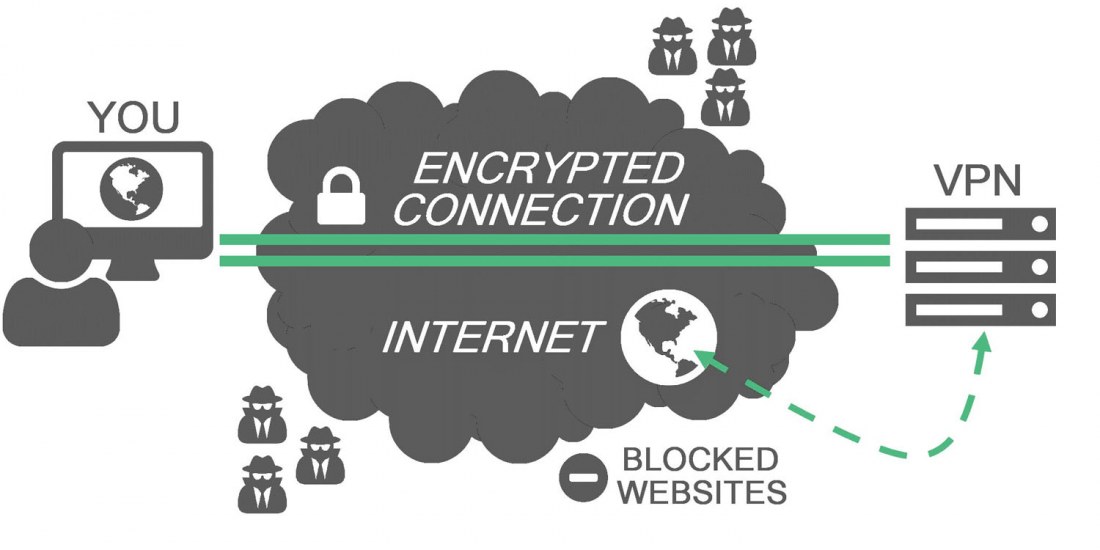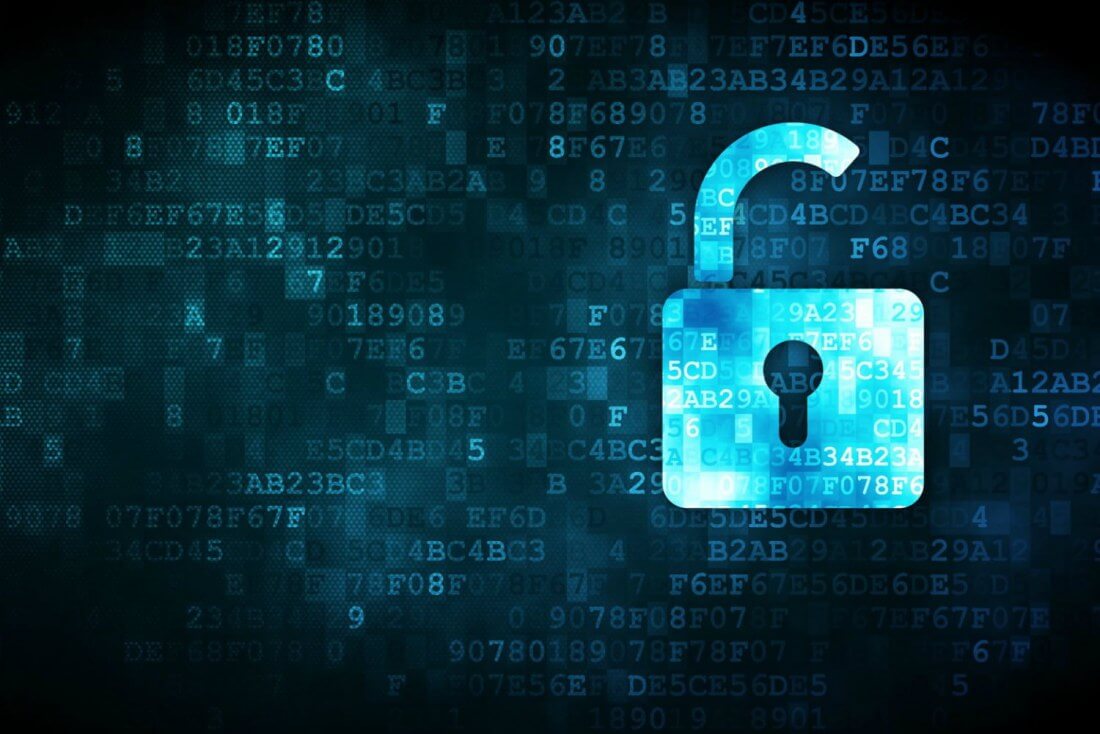The Internet has become an essential tool for our daily lives whether you want to find information, do business, stay connected with friends and family, and the number of things you can accomplish keeps growing every day. However, the technological advancements that have granted us this level of connectivity haven't come without a few privacy risks. ISPs, governments and various other third parties have ways of tracking what you do online to some degree.
While many of these groups likely won't use the information they gather about us for anything nefarious, the risk remains. Following the recent controversial repeal of 2015's Title II net neutrality protections, these protections not only prevented US ISPs from blocking content and dividing the internet up into "fast lanes" and "slow lanes" but they also contained a few important restrictions regarding the types of information your ISP could gather about you. Depending on where you reside, other similar restrictions or contradicting laws could play an important role in determining how private your online presence really is.
Now, virtual private networks, or VPNs for short, are currently the best way to keep your online browsing habits private and to secure your web traffic. You can use a VPN as a tool for staying anonymous online and potentially bypassing future content restrictions.
For the unaware, whenever you connect to an online website or service, you're sending a request to a host's server for the piece of content you're attempting to access. This is a fairly straightforward process on paper, but it's far from perfect – hackers can potentially intercept this request and gather information you may have sent, such as payment information, your birthday or your address. That is why HTTP Secure is so important and thankfully fully mainstream by now. But how about when using a public network like a coffee shop's Wi-Fi hotspot? Furthermore, some online content can be blocked by your ISP or other third parties based on your location.
With a VPN, however, your web traffic is given an extra layer of security and anonymity. VPNs route your web requests through an encrypted tunnel to a server run by the VPN company you signed up with. After the request hits their servers, it's then sent out to to the internet as usual. This means that your IP address – which is often gathered and used to determine your general location – and other information is effectively obfuscated.

This layer of protection often comes at the cost of speed, but that's a price many are willing to pay for increased security. It's also worth noting the speed impact a VPN may have can be mitigated by selecting the right service.
There are dozens, if not hundreds, of options out there and some are certainly faster and more reputable than others. PCMag periodically tests VPNs for performance as well as factoring in other features like type of encryption used, transparency, ease of use and support. Their most recent roundup lists the best VPNs available today on a comprehensive comparison.
When we test VPNs, we use the Ookla speed test tool (see how we test). This test provides metrics for latency, download speeds, and upload speeds. (...) Using that measurement, PureVPN is the fastest VPN by far. It's followed by the aptly named ExpressVPN and IPVanish VPN. But networks can be fickle things and your mileage may vary.
Speed is one of the key factors to consider, but not the only one. We've rounded up top five VPN choices based on PCMag's tests along with our own impressions based on personal use over the past few months.
PCMag awarded their 5/5 rating to NordVPN, applauding the service for its clean interface and excellent collection of features. NordVPN is priced at $11.95/month or $79 for a two-year plan. We managed to get a better offer for longer-term subscriptions, securing a $2.75/month rate if you subscribe for three years ($99 total).
PureVPN which was listed as the fastest service on the roundup has a similarly aggressive deal going on at the moment: $2.87 per month on the 2-year plan, and a 7-day money back guarantee.
We have recommended IPVanish in the past and we're glad to see it doing so well in PCMag's speed tests. One of their differentiating features is app support for Amazon FireTV and Kodi streaming. They're currently $5.20/mo when signing up for a year.
PCMag's runner-up Private Internet Access (PIA) is a simple, affordable VPN for "power users." PIA will run you $69.95 for a two-year plan ($2.91 per month). I can attest to PIA's performance myself; I use it regularly and haven't yet noticed a significant speed decrease while browsing the web or watching Netflix.
We've also used ExpressVPN extensively on desktops and mobile devices with great results. Lately they've been touting bypass of Netflix's geo restrictions to access all the content offered in the US when connecting to their VPN.
Finally, we should mention there are some free VPN alternatives. We wouldn't use these permanently because of speed and data caps on free plans, but for ocassional use we've had good experiences with both Windscribe and Tunnelbear.
